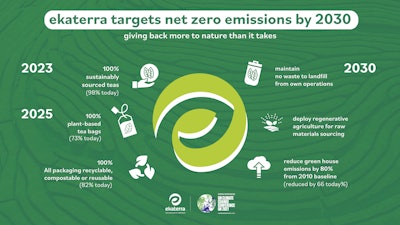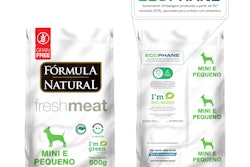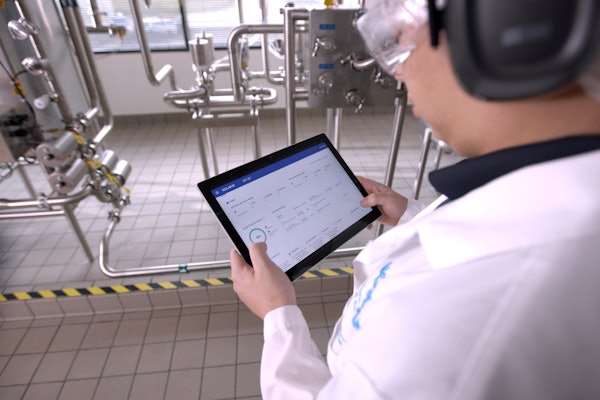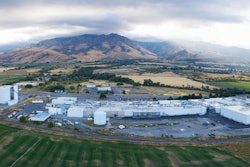
Unilever tea division ekaterra, the world’s largest tea company, is one of the first major businesses to raise the bar to become climate positive, while setting a clear target for net zero emissions by 2030. Leading the global tea industry with purposeful brands, including Lipton, PG tips, Pukka, T2, and Tazo, ekaterra announced its climate and nature commitments in Glasgow during the UN Climate Summit, COP26.
The company’s climate and nature goals of reducing emissions, restoring biodiversity, and shifting fully to nature-based materials are underpinned with clear commitments:
 | Eye on Sustainability |
- Reduce greenhouse gas emissions 80% by 2030 from 2010 baseline (already reduced 66%)
- 100% sustainably sourced teas by 2023 (98% today)
- 100% plant-based tea bags by 2025 (73% today)
- All packaging recyclable, compostable, or reusable by 2025 (82% today)
- Maintain no waste to landfill from own operations
- Deploy regenerative agriculture for raw materials sourcing by 2030
“We want to give back to nature more than we take,” says ekaterra Chief Executive John Davison. “To sustain is to reduce the drain on the planet’s resources, which is a good start, but at ekaterra, we want to go beyond this. In the tea category, we have a unique opportunity to become climate positive through the regenerative power of plants.”
The tea brands of ekaterra are already playing a pioneering role with sustainable business practices across the value chain. As the world’s largest tea brand, Lipton sources 100% of its teas from sustainably certified suppliers. PG tips, the first major brand to introduce biodegradable tea bags in 2018, recently removed all traditional plastic from its packaging. Pukka is B-Corp certified and allocates 1% of annual turnover to support environmental initiatives. T2 is another B-Corp certified brand affirming 100% ethical sourcing for all aspects of its business. Tazo is campaigning in the U.S. for climate justice by planting more trees in deprived inner urban areas in order to help clean the air.




















